I'm fetching countries, cities, and frequently_asked_question from the tables in the server and I store the data locally in the Android app, Look at my scenarios in the Android app:
Old Scenario: When the user opens the app I delete all local data and fetch them again from the server regardless of whether there was any update in the server or the same local data who deleted.
Current Scenario: When the user opens the app I send these variables countries_update_time, cities_update_time, and frequently_asked_question_update_time and compare them inside the PHP file, If the variable who I sent it was the same with the UPDATE_TIME in the information_schema.tables, I'll return a null value, But if the variable was not the same with the UPDATE_TIME, I'll return the data from the specific table.
Everything is working well but I found a weird problem inside the MySQL database, Look at the image below:
I'm sure the third table had a date yesterday but today I found the date converted to a null value, Why?
